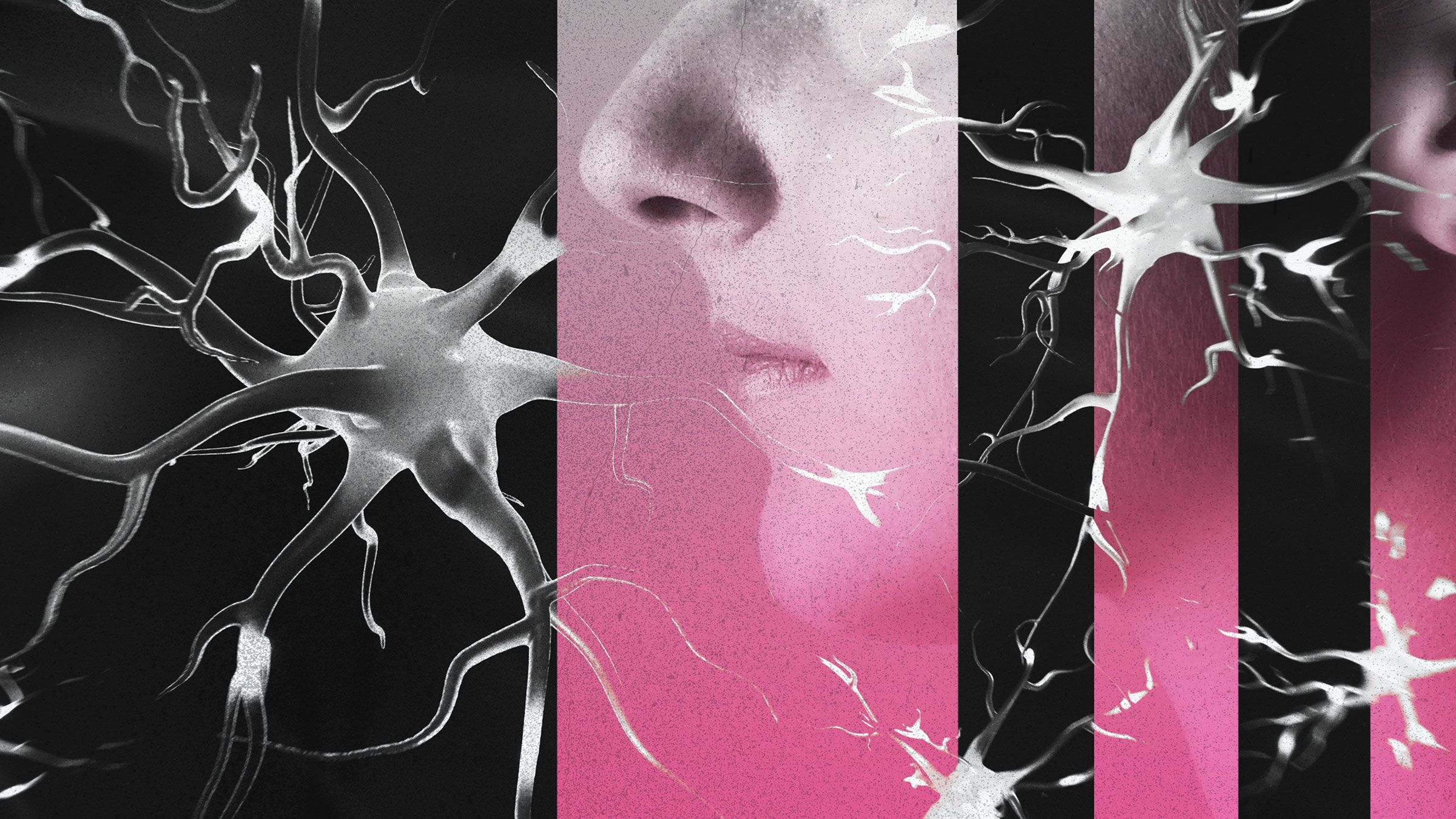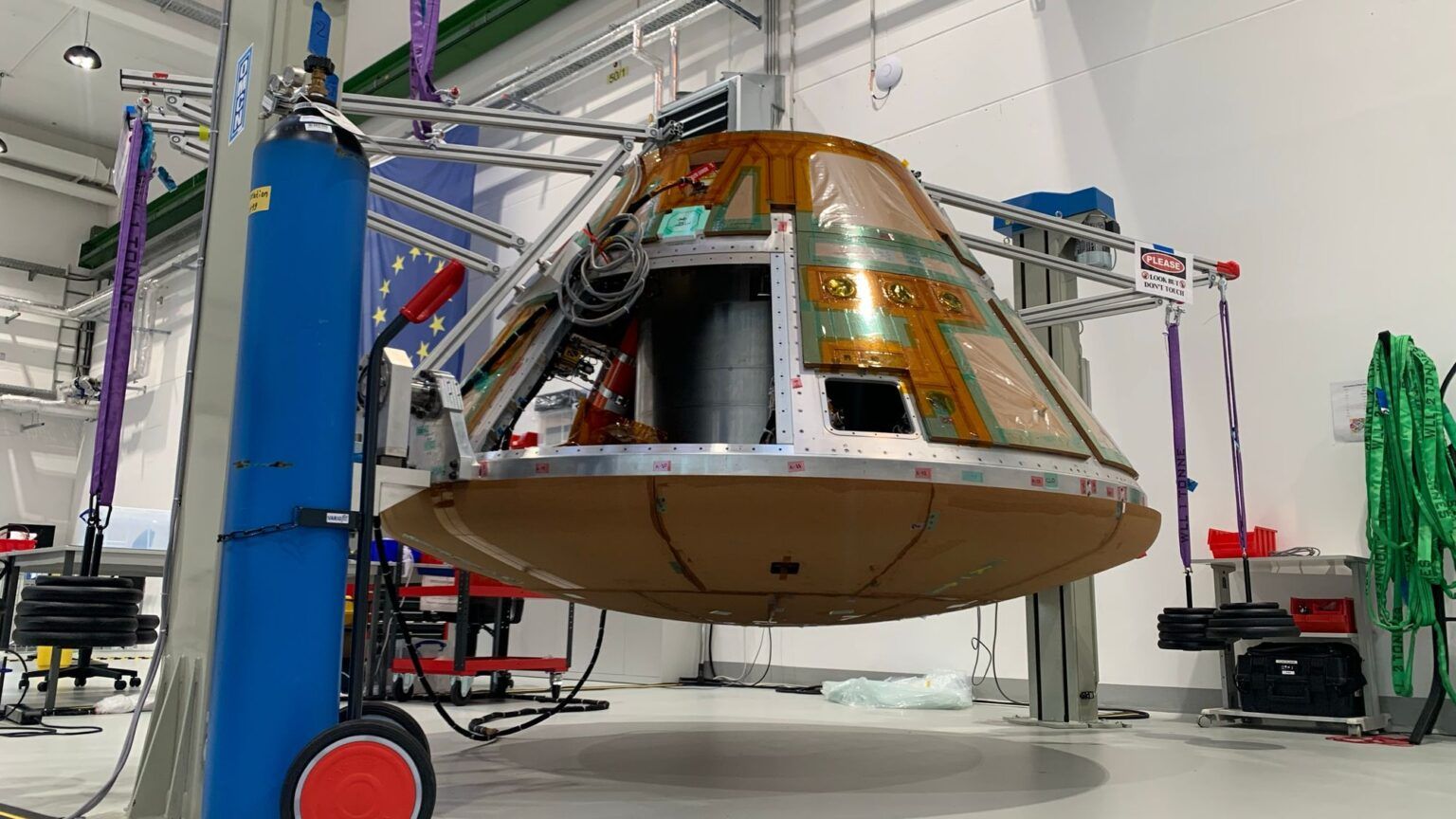A Key to Detecting Brain Disease Earlier Than Ever
A Key to Detecting Brain Disease Earlier Than Ever
In recent years, advancements in brain imaging technology have revolutionized the way we diagnose and treat brain diseases. One key…

A Key to Detecting Brain Disease Earlier Than Ever
In recent years, advancements in brain imaging technology have revolutionized the way we diagnose and treat brain diseases. One key development has been the use of magnetic resonance imaging (MRI) to detect abnormalities in the brain that may be early indicators of disease.
By using MRI scans, doctors are able to identify changes in the brain’s structure and function that can signal the presence of conditions such as Alzheimer’s disease, Parkinson’s disease, and traumatic brain injury. These early detections allow for earlier intervention and treatment, which can greatly improve outcomes for patients.
Additionally, new research has shown that certain biomarkers in the blood and cerebrospinal fluid may also be indicative of brain disease. By analyzing these biomarkers in combination with advanced imaging techniques, doctors are able to more accurately diagnose and monitor the progression of these conditions.
With these advancements, the medical community is better equipped than ever to detect brain disease in its earliest stages, giving patients a fighting chance to slow or even halt the progression of these debilitating conditions.
Early detection is crucial when it comes to brain diseases, as many of these conditions are progressive and irreversible. By catching them early, doctors can develop personalized treatment plans that may help preserve brain function and quality of life for patients.
As researchers continue to make strides in the field of neuroimaging and biomarker analysis, the future looks promising for earlier detection and treatment of brain disease. With continued investment in research and technology, we may one day be able to prevent these diseases altogether.
Overall, the key to detecting brain disease earlier than ever lies in the combination of advanced imaging technologies, biomarker analysis, and a proactive approach to monitoring brain health. This holistic approach holds great promise for improving outcomes and quality of life for those affected by these devastating conditions.





